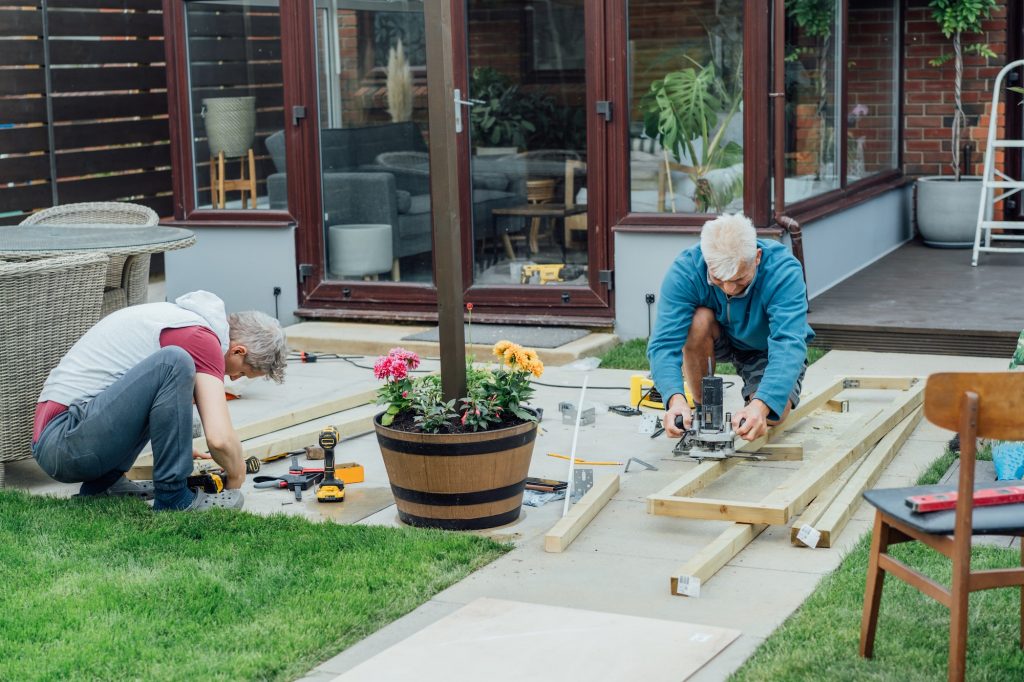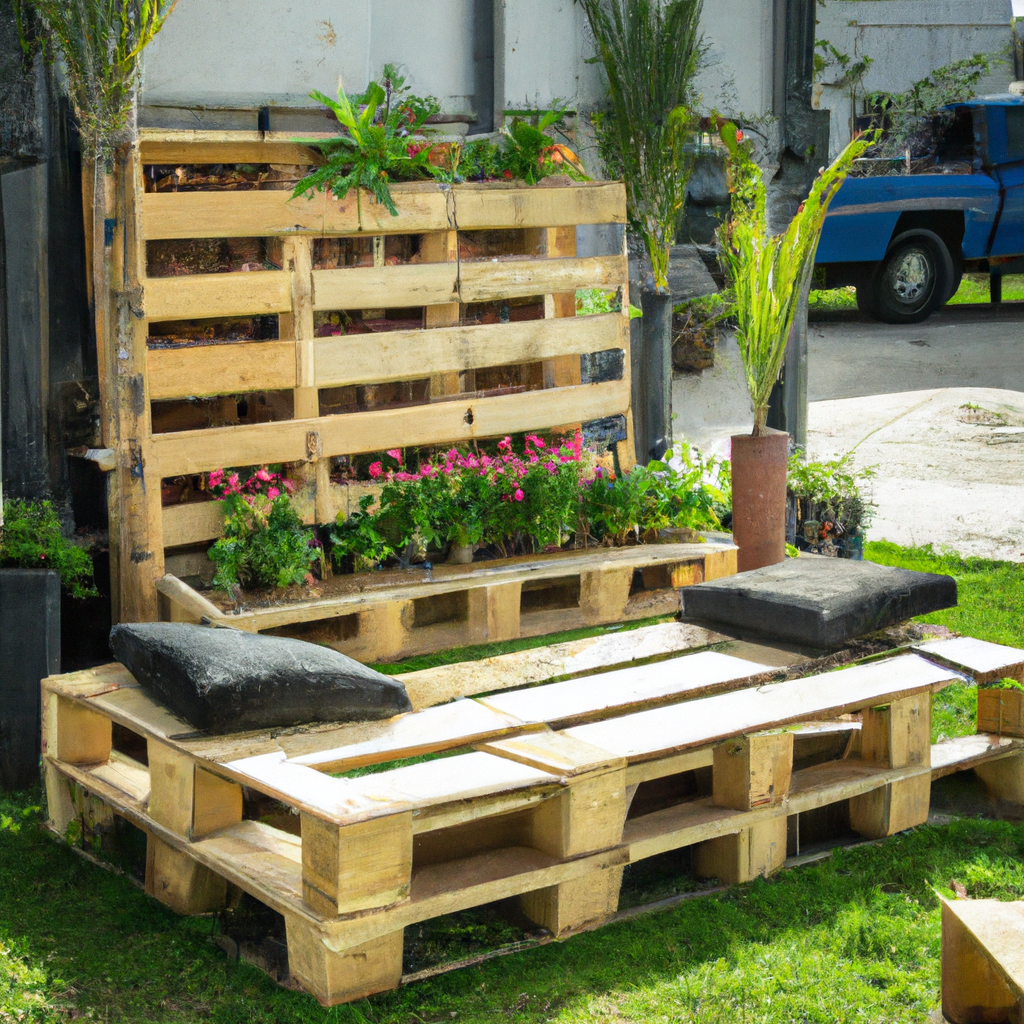Outdoor appliances can greatly enhance your living space and provide convenience and entertainment for you and your guests. But protecting them from the elements is important to ensure their longevity and functionality. In this ultimate guide, we’ll explore everything you need to know about weatherproofing your outdoor appliances.
Why Weatherproof Your Outdoor Appliances?
Weatherproofing your outdoor appliances is essential for several reasons:
- Protects your investment: Outdoor appliances can be expensive, and weatherproofing helps extend their lifespan and maintain their value.
- Ensures functionality: Weatherproofing ensures that your appliances continue to work efficiently, even in adverse weather conditions.
- Safety: Proper weatherproofing reduces the risk of electrical issues or damage caused by water, which could potentially lead to accidents.
Assessing Your Outdoor Space
Identify the Appliances You Need to Protect
Before you start weatherproofing, take inventory of the outdoor appliances that need protection. Common examples include:
- Barbecues and grills
- Outdoor refrigerators
- Patio heaters
- Outdoor Lighting
- Garden tools and equipment
- Pool equipment
Understand Your Local Climate
The specific weatherproofing measures you take will depend on your local climate. Assess the typical weather patterns in your area, including rainfall, temperature fluctuations, and exposure to wind and sunlight.
Top Weatherproofing Techniques
Proper Ventilation
Proper ventilation is crucial for outdoor appliances, as it prevents the build-up of moisture and heat, which can cause damage. Ensure that any enclosed spaces housing your appliances have adequate ventilation, such as vents or openings for airflow.
Weatherproof Covers
Invest in high-quality weatherproof covers for your outdoor appliances. These covers shield your equipment from rain, snow, dust, and UV rays. Look for covers made from durable, waterproof materials that are easy to install and remove.
Sealing Joints and Openings
Inspect your appliances for any joints or openings allowing water or debris to enter. Use weatherproof sealants to fill gaps and ensure a tight seal, preventing moisture damage.
Waterproof Electrical Connections
Electricity and water don’t mix. To avoid electrical hazards, use waterproof electrical connections for your outdoor appliances. This includes using weatherproof outlet covers and extension cords designed for outdoor use.
Insulation
Some outdoor appliances, such as refrigerators or wine coolers, may require additional insulation to maintain optimal temperatures in extreme weather conditions. Invest in insulation designed for outdoor use, and ensure it is properly installed to prevent temperature fluctuations and energy loss.
Elevate Your Appliances
Raising your outdoor appliances off the ground can help protect them from water damage, particularly in flood-prone areas. Use sturdy platforms or stands designed for outdoor use to elevate your equipment, ensuring stability and adequate drainage.
Best Materials for Weatherproofing
Stainless Steel
Stainless steel is an ideal material for outdoor appliances due to its resistance to rust and corrosion. Opt for stainless steel versions whenever possible when purchasing new appliances or replacing components.
Waterproof Fabrics
Waterproof fabrics are essential for weatherproof covers and outdoor cushions. Look for materials specifically designed for outdoor use, such as marine-grade fabric, which offers protection against water, UV rays, and mildew.
Weatherproof Sealants
Weatherproof sealants are crucial for sealing joints and openings on your outdoor appliances. Opt for high-quality, waterproof sealants designed for outdoor use and adhere well to various surfaces.
Regular Maintenance Tips
Clean and Inspect Your Appliances Regularly
Regular cleaning and inspection are crucial for maintaining the performance and longevity of your outdoor appliances. Remove dust, debris, and residue to prevent build-up, and inspect for any signs of wear, damage, or corrosion.
Check for Rust and Corrosion
Rust and corrosion can weaken your outdoor appliances and lead to eventual failure. Regularly check for any signs of rust or corrosion, and take action to remove it and protect the affected areas.
Conclusion
Weatherproofing your outdoor appliances is essential for protecting your investment and ensuring optimal functionality. By understanding your local climate, implementing effective weatherproofing techniques, using the right materials, and maintaining your appliances regularly, you can enjoy your outdoor space safely and comfortably for years.
FAQs
- How often should I inspect my outdoor appliances for signs of wear or damage?
It’s a good idea to inspect your appliances at least once every season or more frequently if you experience severe weather conditions in your area.
- Can I use indoor appliances outdoors if I weatherproof them?
While some indoor appliances may function outdoors with proper weatherproofing, they are generally not designed to withstand outdoor conditions. It’s best to invest in appliances specifically designed for outdoor use.
- What should I do if I find rust or corrosion on my outdoor appliances?
First, remove the rust or corrosion using a wire brush or sandpaper. Then, apply a rust-resistant primer and paint to protect the affected area from further damage.
- Is it necessary to cover my outdoor appliances even if they’re designed for outdoor use?
While outdoor appliances are designed to withstand the elements, using weatherproof covers can provide additional protection and help extend their lifespan.
- Do weatherproof covers need to be custom-made for each appliance?
While custom-made covers can provide the best fit and protection, there are many universal weatherproof covers available that can be used for a variety of outdoor appliances. Ensure that the cover you choose is made from high-quality, waterproof materials and securely fits your appliance.


